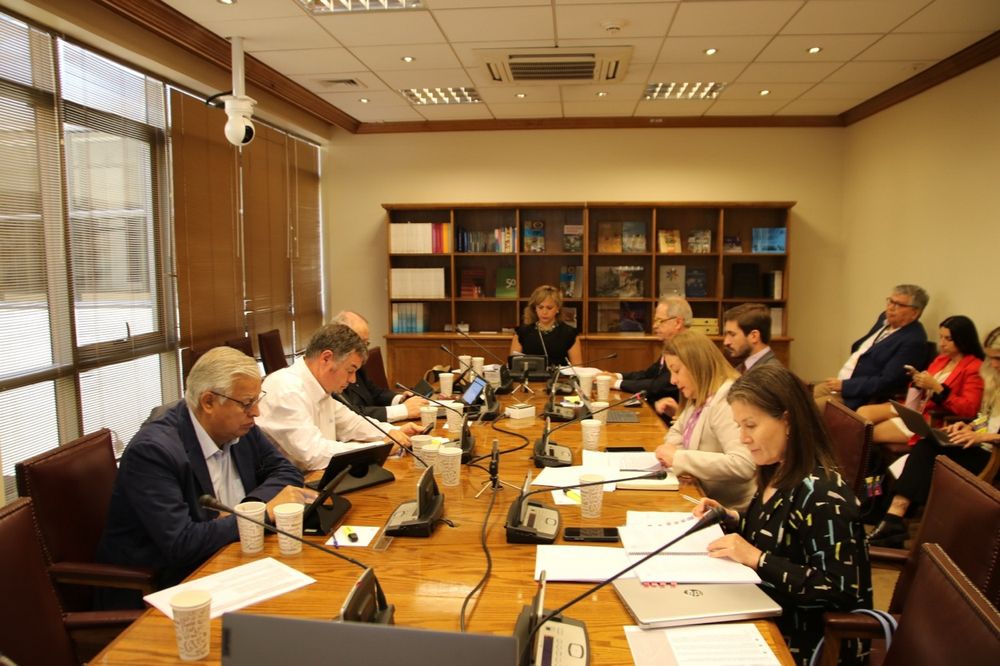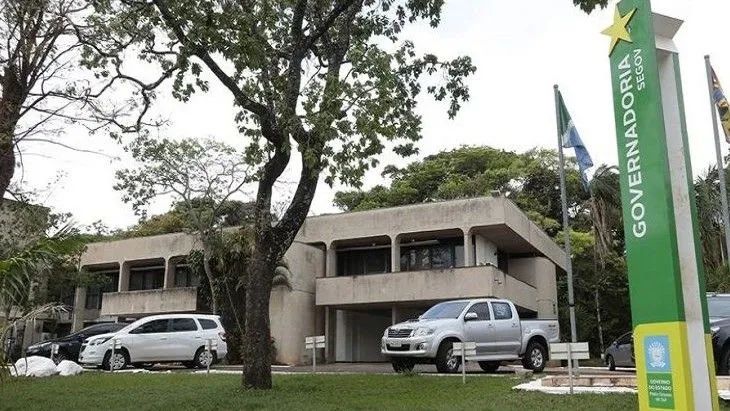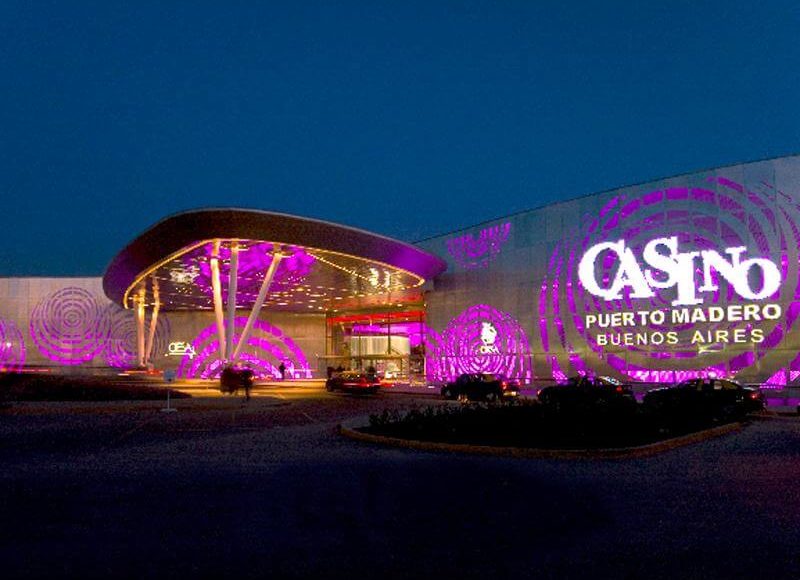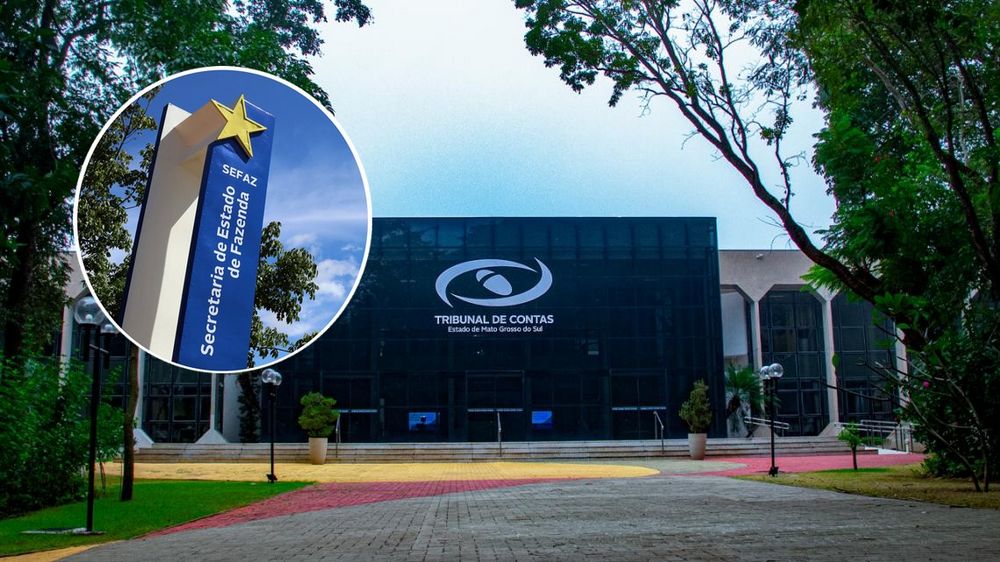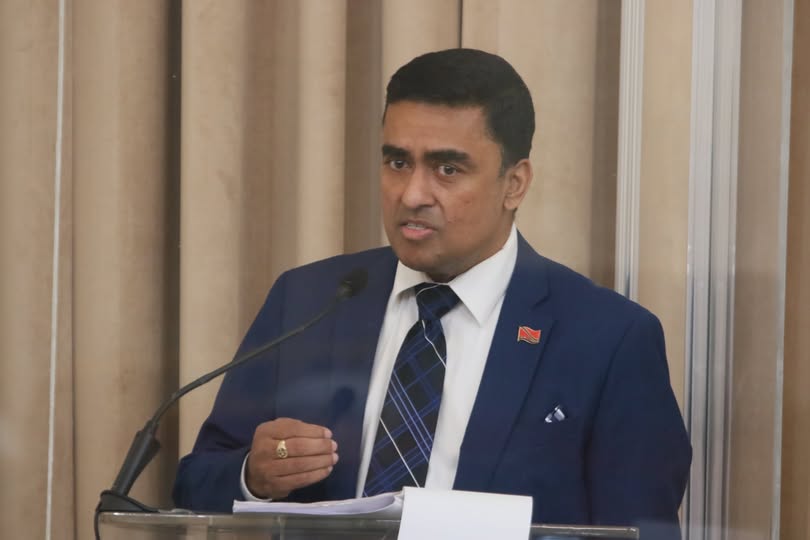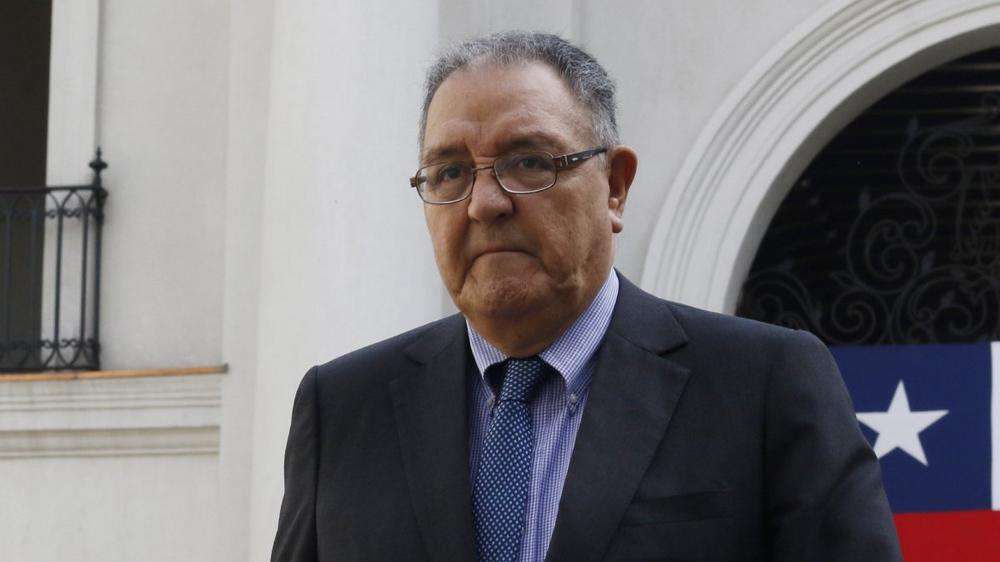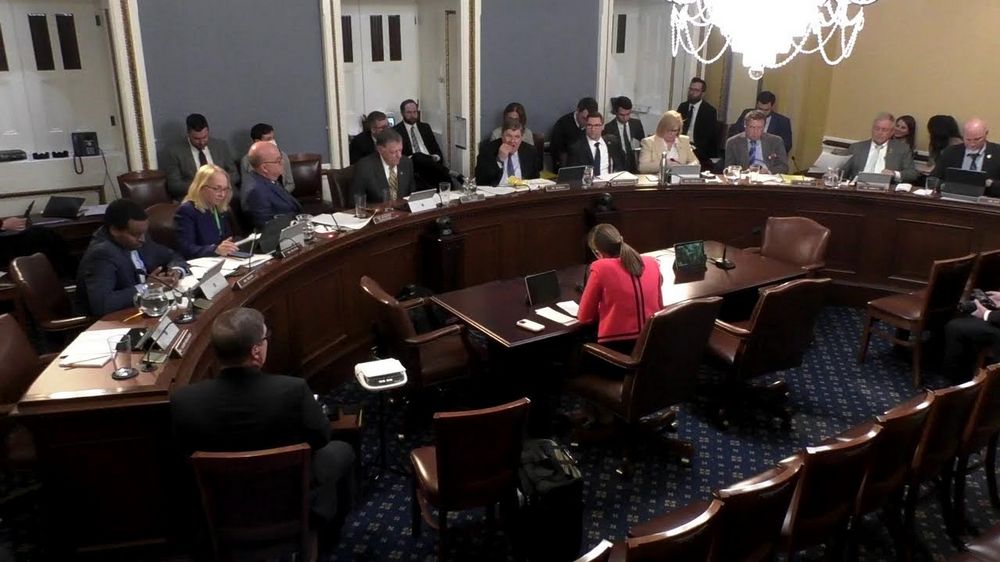Santa Cruz — Bolivian authorities have ramped up enforcement against illegal gambling operations as digital betting networks move underground, using social media and encrypted messaging apps like WhatsApp to attract players and bypass national restrictions. The latest raid, carried out by the Autoridad de Fiscalización del Juego (AJ), targeted a restaurant that secretly operated as a casino, marking the country’s growing challenge in containing a rapidly evolving underground gaming market.

According to the AJ, agents confiscated slot machines, betting terminals, and cash registers, dismantling what officials described as a “micro-casino” linked to a broader digital recruitment network. So far in 2025, the regulator has conducted 61 raids nationwide, shutting down 85 unlicensed venues in cities including Santa Cruz, Cochabamba, and El Alto. Authorities say this surge in illegal activity highlights the urgent need to modernize Bolivia’s outdated gaming laws.
While physical casinos have long been restricted to specific licensed operators, online gambling remains entirely prohibited, creating a vacuum that criminal groups now exploit. Investigators report that operators advertise gambling services through private WhatsApp and Facebook groups, offering remote access to digital slots and lottery games with payments handled via QR codes or crypto wallets.
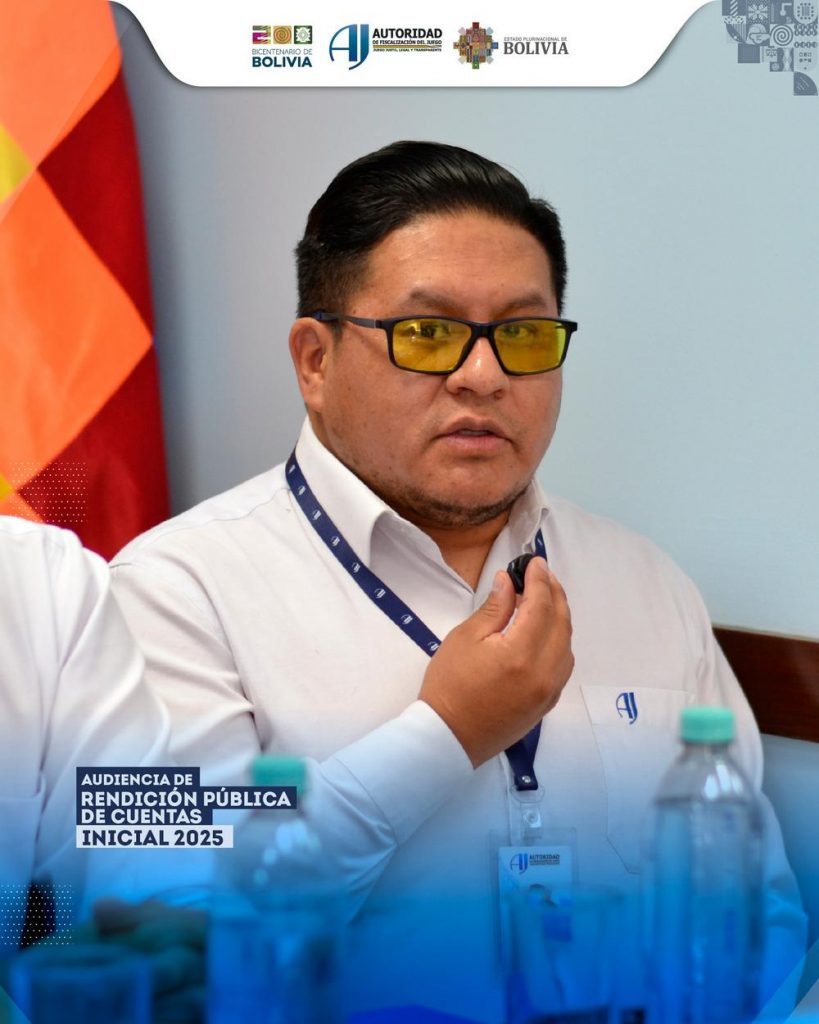
“This is no longer about slot halls hidden behind curtains — it’s about organized networks using encrypted technology,” said a senior AJ enforcement officer. “Without a modern regulatory framework, these digital rings will continue to expand faster than we can dismantle them.”

Bolivia’s most affected region, Santa Cruz, has become the epicenter of the illegal market, accounting for nearly half of the raids conducted this year. In 2024 alone, the government destroyed 639 confiscated slot machines to prevent their reentry into circulation — yet new operations continue to emerge monthly.
Analysts warn that without an online gaming framework similar to Peru’s or Colombia’s, Bolivia risks losing millions in potential tax revenue while allowing illicit operators to grow unchecked. Proposals to legalize and regulate online gaming have stalled since 2020, leaving enforcement as the only tool available.
For now, the AJ says it will keep targeting unlicensed operators, but officials acknowledge that the country’s gambling laws, written for an analog era, are struggling to contain a digital one.










